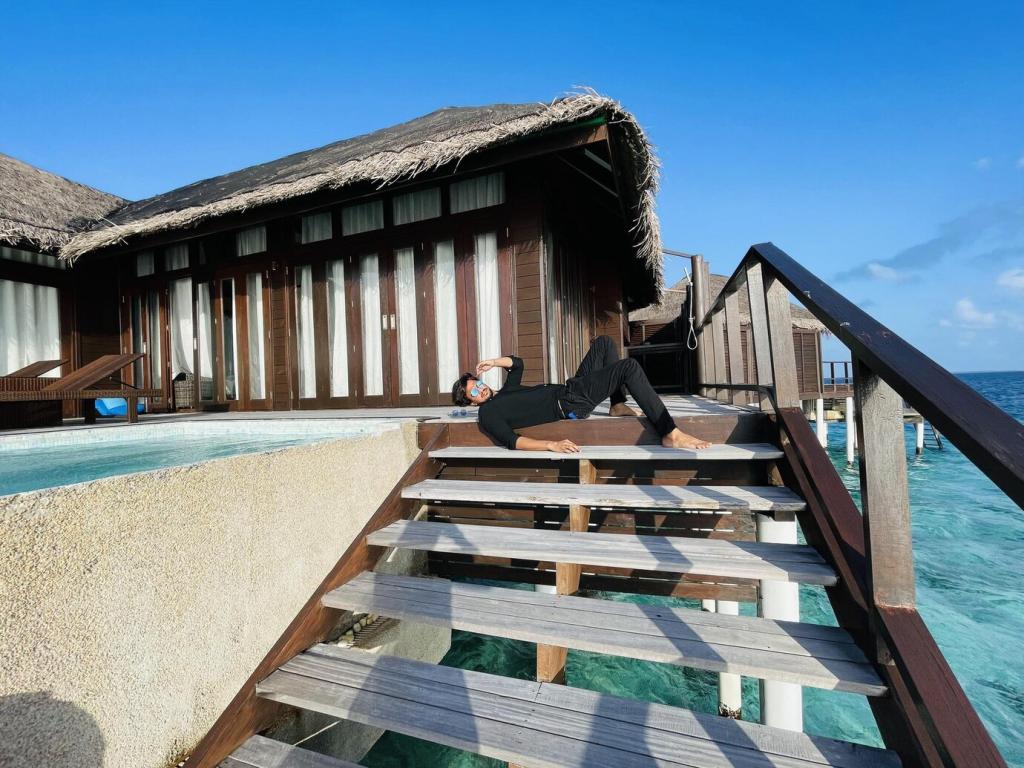Tourist destinations have always played a significant role in shaping real estate markets. These attractive locations are influenced by factors such as visitor demand, local infrastructure development, and global economic shifts. The resulting trends not only affect property prices and types but also influence the long-term investment strategies of buyers and developers. Understanding these trends is crucial for anyone looking to invest, sell, or simply comprehend the unique dynamics of real estate in regions frequented by travelers. This exploration delves into current patterns, investment strategies, international impacts, and the challenges faced by properties in tourist hotspots, offering insightful analysis for industry professionals and enthusiasts alike.
The Impact of Tourism on Local Real Estate
Vacation Rentals: Changing the Face of Hospitality
Growth of Peer-to-Peer Platforms
Regulatory Responses to Vacation Rentals
Impact on Traditional Hospitality Businesses
Sustainable Development and Eco-Friendly Trends
Investment Hotspots: Where Buyers are Focusing

Coastal and Waterfront Destinations

Urban Centers with Cultural Attractions

Emerging Markets and Secondary Destinations

